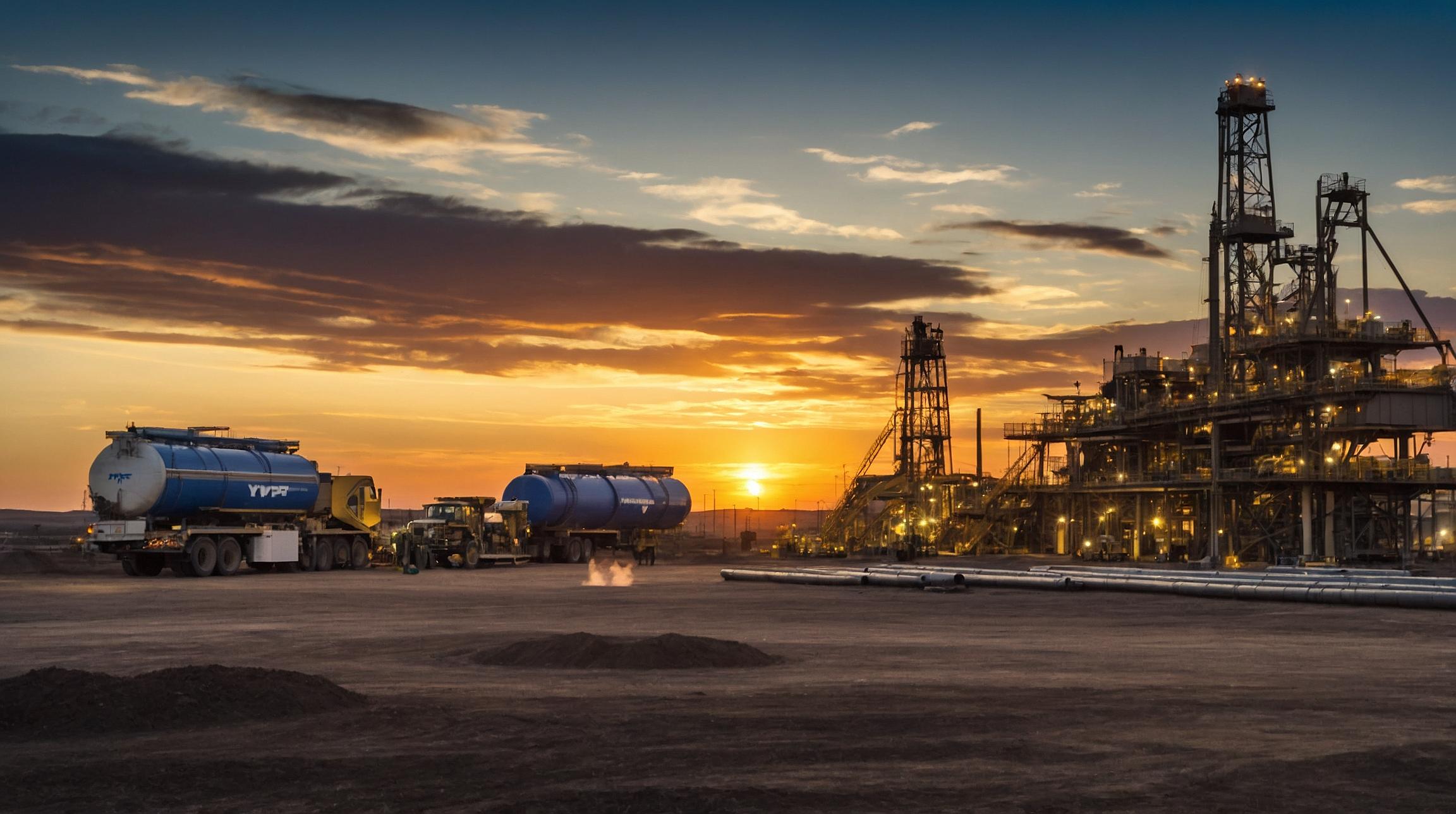YPF's Growth in Shale Oil Production
YPF, Argentina's leading energy company, has announced a remarkable 20% increase in shale oil production from the Vaca Muerta formation. This growth is a significant milestone for the company, as it also reported a 25% rise in crude oil exports. These figures highlight YPF's strategic focus on enhancing production capabilities and expanding its market reach.
Advancements in Drilling and Fracking
One of the standout achievements for YPF has been its record-breaking drilling and fracking speeds. These advancements have enabled the company to reach a historic level of gasoline production, marking an all-time high. This accomplishment underscores YPF's commitment to leveraging advanced technologies and improving operational efficiencies.
Financial Performance and Revenue Growth
Financially, YPF experienced a 15% increase in revenues, reaching nearly $5 billion. The company's adjusted EBITDA (Earnings Before Interest, Taxes, Depreciation, and Amortization) also saw significant improvement, hitting $1.2 billion. This financial performance reflects YPF's ability to maintain operational efficiency despite external challenges, such as extreme weather conditions in Patagonia.
However, YPF did face a negative free cash flow of $257 million, which highlights some ongoing financial challenges. Despite this, the company reported a positive net income of $535 million, showcasing its overall financial stability.
Production Metrics and Debt Management
YPF's total hydrocarbon production averaged 539,000 barrels of oil equivalent per day, maintaining its production targets. However, the company's net debt has increased to $7.5 billion, with $1.4 billion in debt maturities expected over the next 12 months. This highlights the need for careful financial planning and risk management.
Future Outlook and Strategic Initiatives
Looking ahead, YPF anticipates achieving neutral cash flow by 2024, with positive cash flow prospects in the future. The company plans to increase unconventional production to 140,000 barrels per day by year-end, continuing its focus on cost optimization and efficiency improvements.
YPF is also advancing on the Vaca Muerta Sur pipeline project, with agreements in place with two-thirds of the involved parties. This project is crucial for enhancing transportation efficiency and expanding the company's infrastructure capabilities.
Challenges and Opportunities
On the challenging side, YPF noted a decline in gasoline sales by 11%, attributed to reduced premium demand. Overall, fuel sales dropped by 6% year-on-year; however, a 5% demand recovery was observed in July, suggesting a potential rebound.
In contrast, diesel sales grew by 5%, driven by seasonal agricultural demand and increased sales in the industrial sector. YPF's efforts to reduce the local fuel price and import parity gap to 5% have been successful, enhancing its competitive position in the domestic market.
Strategic Priorities and Investments
CEO Horacio Marin emphasized YPF's commitment to operating in a free market, adjusting prices based on demand and supply dynamics. The company is prioritizing investments in the Vaca Muerta region, aiming to improve shareholder profits and maintain capital efficiency.
YPF's focus on strategic asset management and risk mitigation is evident through its ongoing projects and expansions. The company's efforts to optimize costs and enhance production capacity are integral to its growth strategy, ensuring stable financial health and profitability in the coming years.













